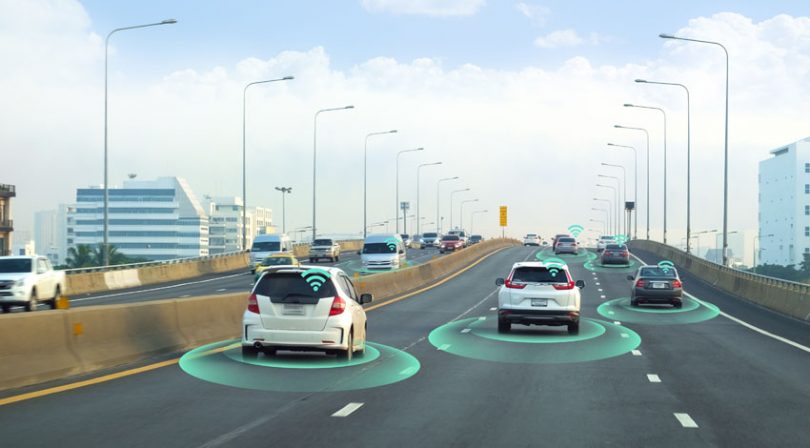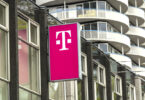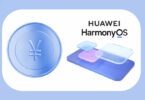Blockchain startup Filament entered a partnership with the University of Nevada, Reno’s Intelligent Mobility initiative to develop a new standard for data integrity between autonomous vehicles and road infrastructure using blockchain IoT.
The smart city project is being run by the University’s Nevada Centre for Applied Research, which aims to improve the safety and practicality of autonomous vehicles.
Filament’s blockchain IoT technology, Blocklet is used in the initiative. In this use case, the IoT devices connect using blockchain technology to manage and transfer data.
The city project proposes to establish communication between autonomous connected vehicles and surrounding infrastructure with LIDAR and dedicated short-range communications (DSRC) devices situated at intersections.
LIDAR stands for Light Detection and Ranging. These devices are sensors which use small lasers to create a 3D image of their surroundings. A LIDAR sensor can create imaging continuously with 360 degrees of visibility. In addition, the sensors can generate detailed and very precise information.
“Working with Filament as part of Intelligent Mobility will help us to create and validate secured data generated from the many connected LIDAR devices including those in autonomous vehicles that will soon be a common feature in our cities and towns,” said Carlos Cardilo, Director of Nevada Center for Applied Research.
Filament specializes in building comprehensive blockchain systems for the enterprise and the Industrial Internet of Things. Its Blocklet products mainly provide blockchain tools and technology for industrial corporations within the automotive and communications sector, which enable transactions and data to be recorded securely.
Alison Clift-Jennings, CEO of Filament, added: “For the project, the University’s test vehicles will accept only Blocklet-attested data transmissions, protecting them from potential bad actors or man-in-the-middle attacks. And with the data recorded on a blockchain, the shared root of trust is established for transparent exchange and transactions.”
Other organizations exploring blockchain for autonomous mobility include the Trusted IoT Alliance where Siemens and Bosch are involved in experiments. Chorus Mobility won the MOBI blockchain challenge with a peer-to-peer payment protocol for connected vehicles.
Beyond autonomous car solutions, the auto industry has been exploring a variety of blockchain applications. BMW group has recently outlined its blockchain-based VerifyCar app which is built to prevent mileage fraud. And Volkswagen joined Ford, IBM and others in a blockchain supply chain network designed to mine cobalt ethically.






